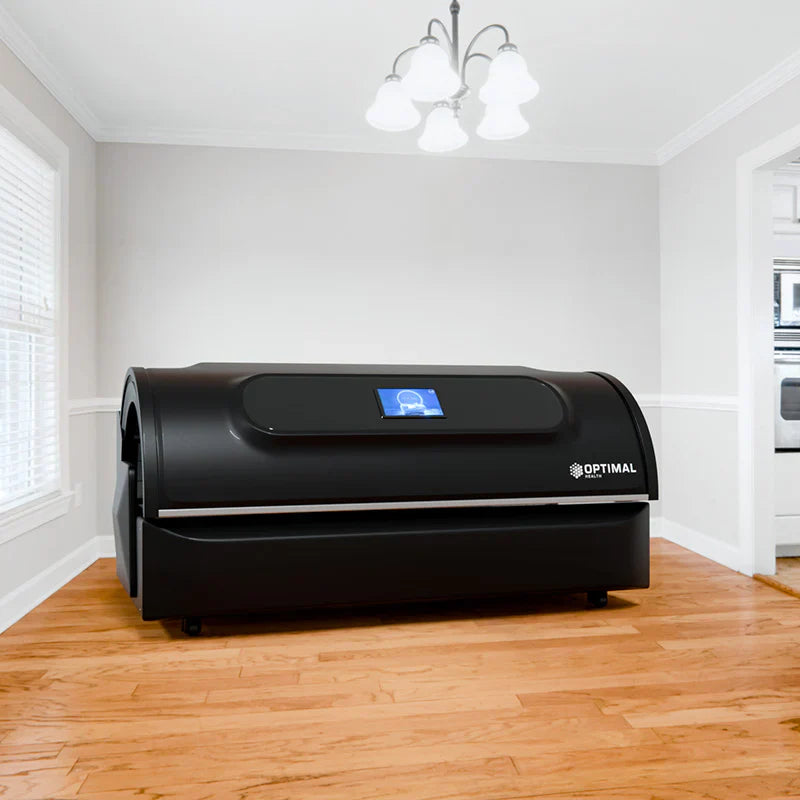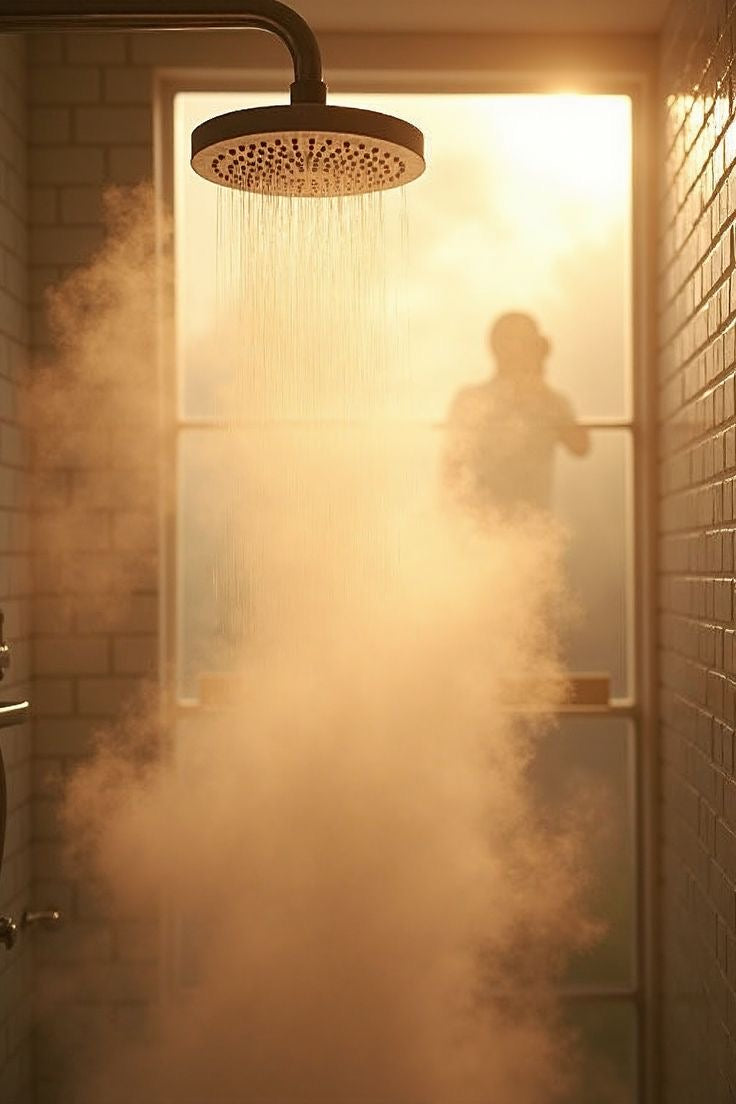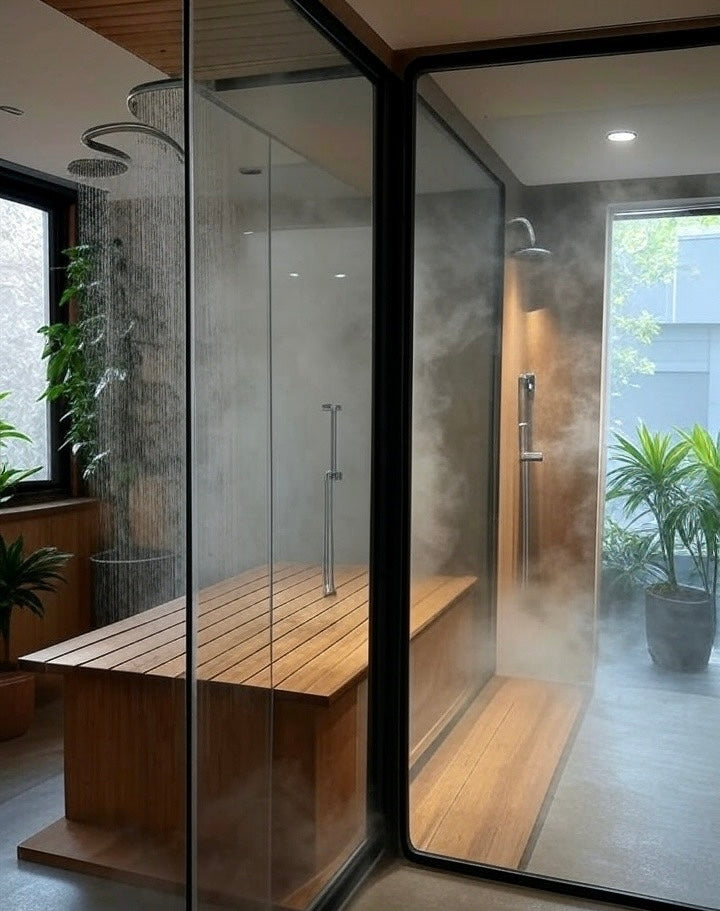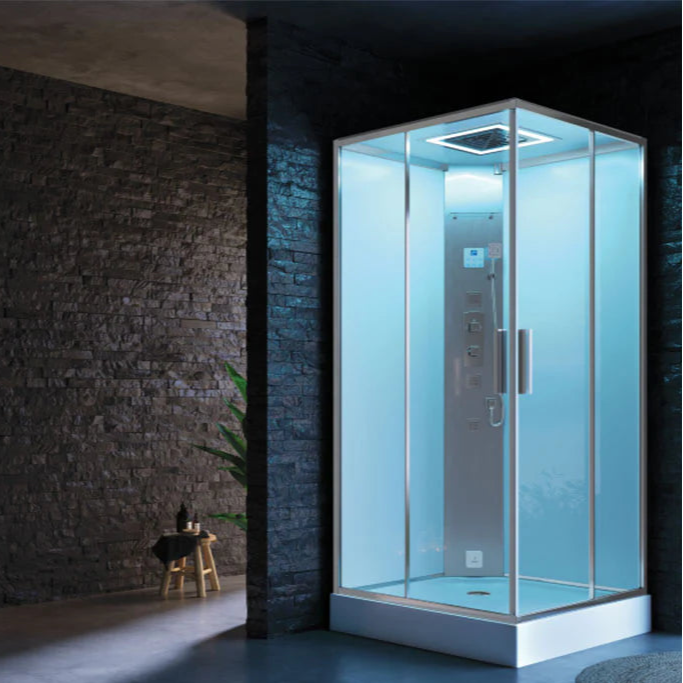Not sure if you need 5 minutes or a full Netflix episode under the red lights? Short answer: Most Red Light Therapy sessions last 10–20 minutes, depending on your device and goals. Whether you’re using Red Light Therapy at Home, Panels, or Beds, this guide lights the way—fast and simple!

What Influences Red Light Therapy Duration?
Targeted Condition
The length of your session depends heavily on what you're treating. Skin rejuvenation, for example, generally requires less time than deep tissue pain relief or hair growth. Each condition has its own protocol.
Treating fine lines might only need 10 minutes, but sore muscles could need up to 30 minutes. That’s because deeper issues require more time for light to penetrate the tissues.
Device Type and Power (Irradiance)
Not all devices are created equal. High-powered Red Light Therapy Panels or professional systems deliver more energy per second.
This means shorter sessions may still be effective. Meanwhile, handhelds or face masks with lower irradiance will need longer exposure to match the same therapeutic effect.
Wavelengths Used
Red (630–700nm) and near-infrared (800–900nm) light differ in how deeply they reach into the skin and tissue.
Red light mainly helps surface concerns like acne or fine lines, while near-infrared targets muscles and joints. The deeper the penetration, the longer the session might need to be.
Distance from Device
The closer you are to the device, the more intense the light.
If you're 6 inches away, the exposure is much stronger than at 12 inches. That intensity shortens the session time. Always follow your specific device’s guidelines.
Individual Sensitivity and Response
Everyone’s body reacts differently. Beginners should start with shorter sessions, around 5–10 minutes, and gradually increase based on comfort and results.
Skin sensitivity, pre-existing conditions, or light tolerance all play a role in how long you should stay under the glow.
General Guidelines for Red Light Therapy Session Length and Frequency
For Skin Rejuvenation & Anti-Aging
Target: Wrinkles, collagen production, skin elasticity
Time: 10–20 minutes
Notes: Use consistently for visible skin improvements.
For Acne & Skin Inflammation
Target: Breakouts, redness, irritation
Time: 10–15 minutes
Notes: Often combined with blue light therapy for best effect.
For Pain Relief & Muscle Recovery
Target: Joint pain, post-workout soreness, injury
Time: 15–30 minutes per area
Notes: Best used after exercise or at end of day.
For Hair Growth
Target: Thinning hair, alopecia, scalp health
Time: 10–20 minutes
Notes: Focus on consistent coverage of the scalp area.
For Overall Wellness & Energy Boost
Target: Mood, sleep, alertness
Time: 10–20 minutes
Notes: Can be used in the morning to support circadian rhythm.
How Often Should You Use Red Light Therapy?

Consistency is Key
You won't see instant miracles. Most benefits build up over time. Aim for 3–5 sessions per week for best results.
Skincare or energy support might need only 3 sessions weekly, while deeper tissue work benefits from more frequent use.
Maintenance Protocols
Once your goals are met, you can dial back to 2–3 sessions per week.
Maintenance is about keeping those gains without overdoing it. Think of it like a gym routine—you don’t stop entirely once you hit your target.
Daily vs. Every Other Day
Daily use may be fine for low-intensity devices or lighter treatments like mood enhancement.
But for powerful panels or deeper healing, every other day gives your body time to process and respond. Always listen to how your body feels after sessions.
Maximising Your Red Light Therapy Results
Following Manufacturer Instructions
This one’s a must. Devices differ in output, wavelength, and ideal session time.
Always read the manual and follow those guidelines for safety and effectiveness.
Patience and Consistency
Results take time—typically weeks, sometimes months.
Don’t expect to glow like a supermodel after one session. Keep at it and track your progress.
Eye Protection
Some devices emit strong light that can irritate or damage the eyes.
Use goggles or close your eyes if recommended. Eye safety isn’t optional—it’s essential.
Combining with Other Therapies
Red Light Therapy works well with skincare routines, physiotherapy, or wellness practices like meditation.
Layer it in thoughtfully, and it can amplify your overall results without extra effort.
When to Consult a Professional
If you're unsure how to treat a specific issue, or you're using RLT for medical purposes, seek guidance.
A professional can help tailor a plan, especially if you’re using Red Light Therapy Beds or clinic-grade equipment.
Can You Overdo Red Light Therapy?
The Concept of "Optimal Dose"
More is not always better. There’s a sweet spot—too much can lead to diminishing returns or even irritation.
Always stay within recommended durations and frequencies.
Signs of Overexposure
If you notice skin sensitivity, redness, or discomfort, dial back.
These symptoms usually fade, but they’re a sign your body needs a break or shorter sessions.
Takeaways
-
Red Light Therapy at Home is effective, but timing matters.
-
Match the session length to your goal—skin, pain, mood or hair.
-
Use quality Red Light Therapy Panels and follow device guidelines.
-
Don’t overdo it—consistency wins over intensity.
-
Consult a professional for tailored advice, especially with Red Light Therapy Beds.






